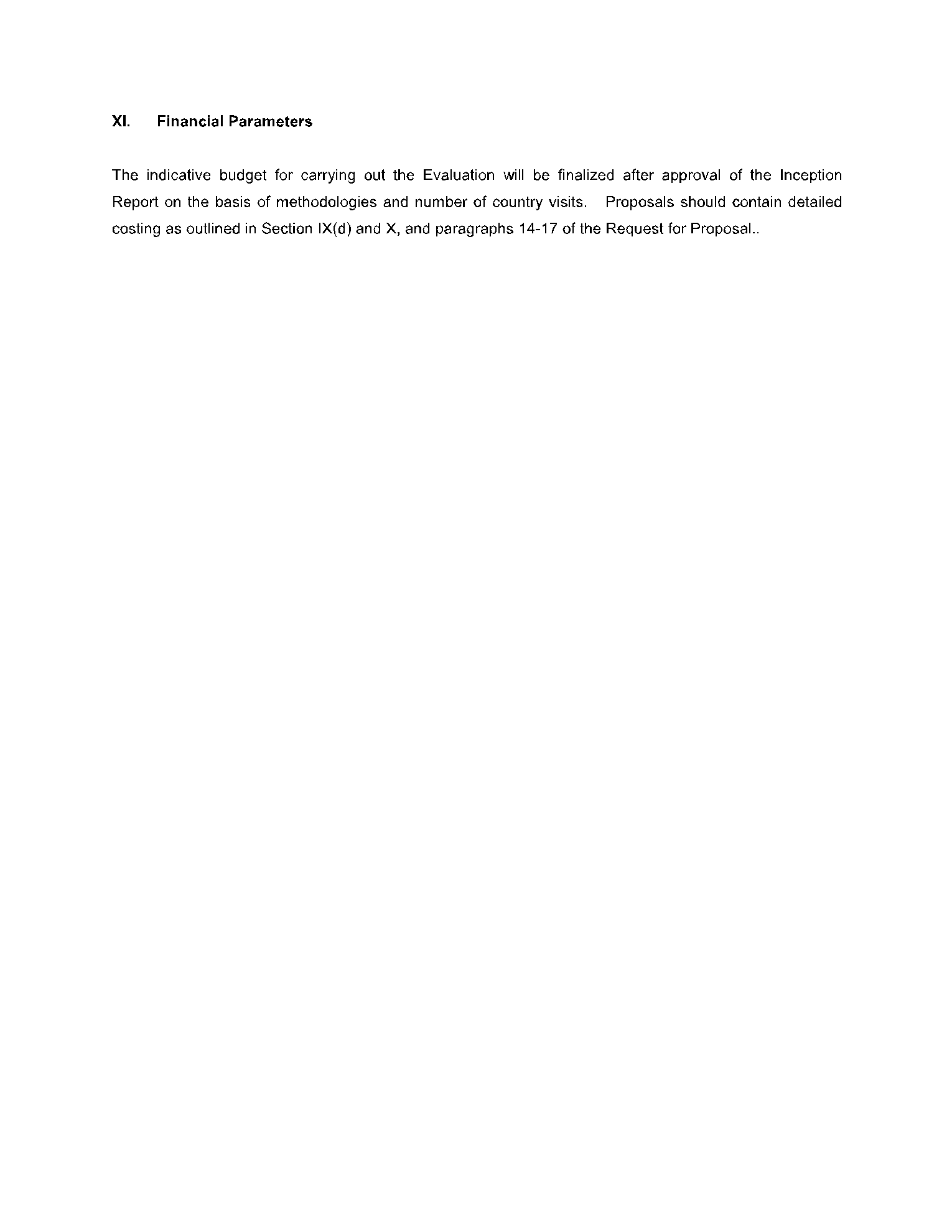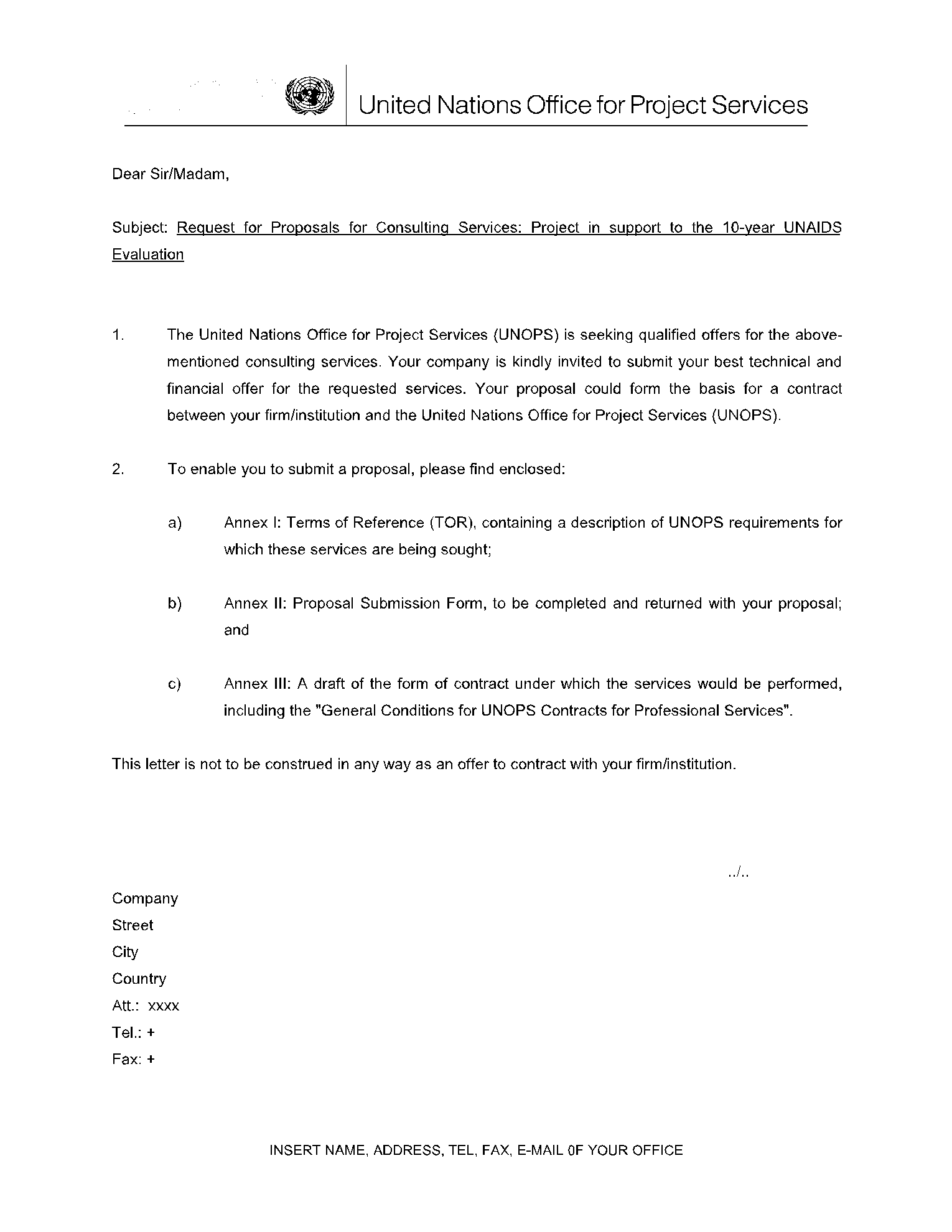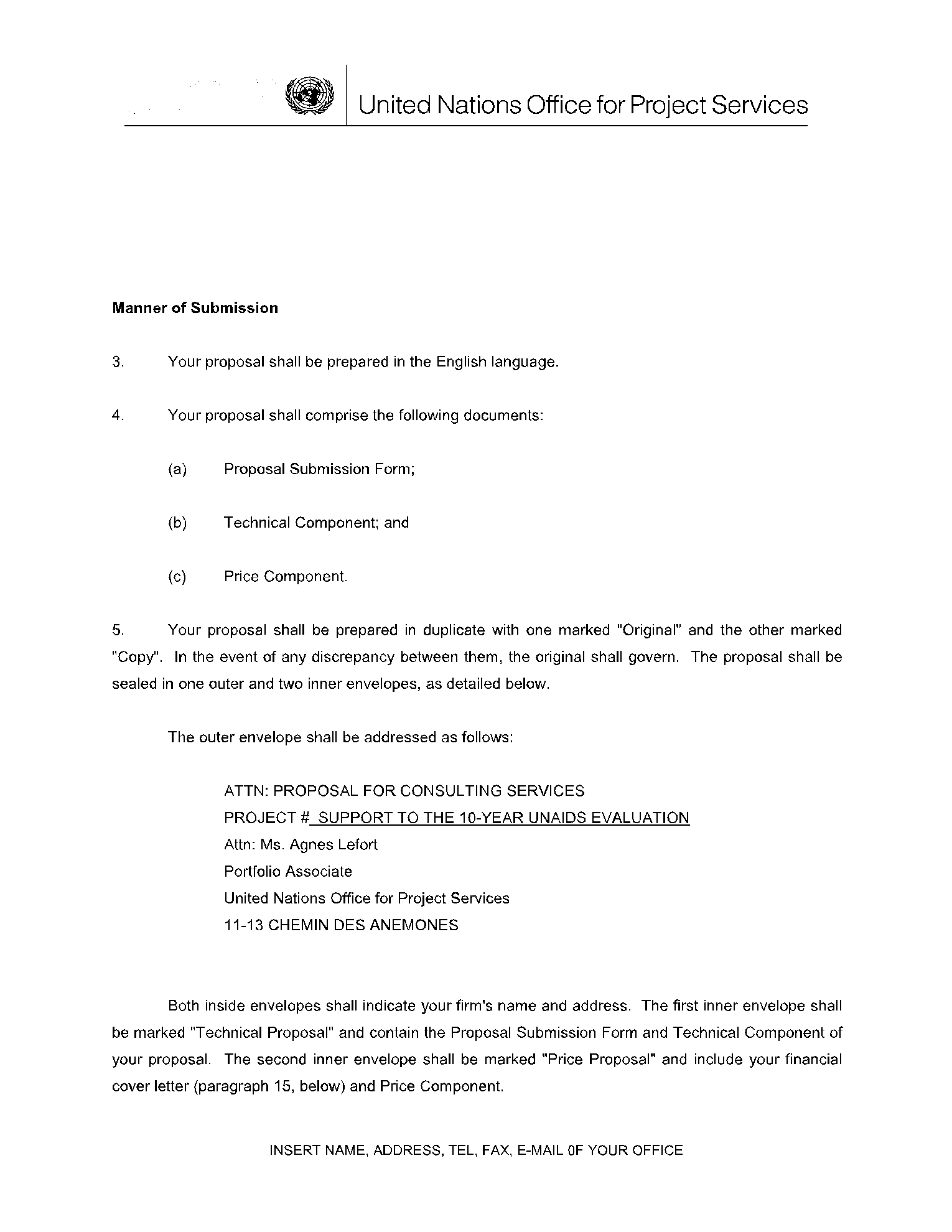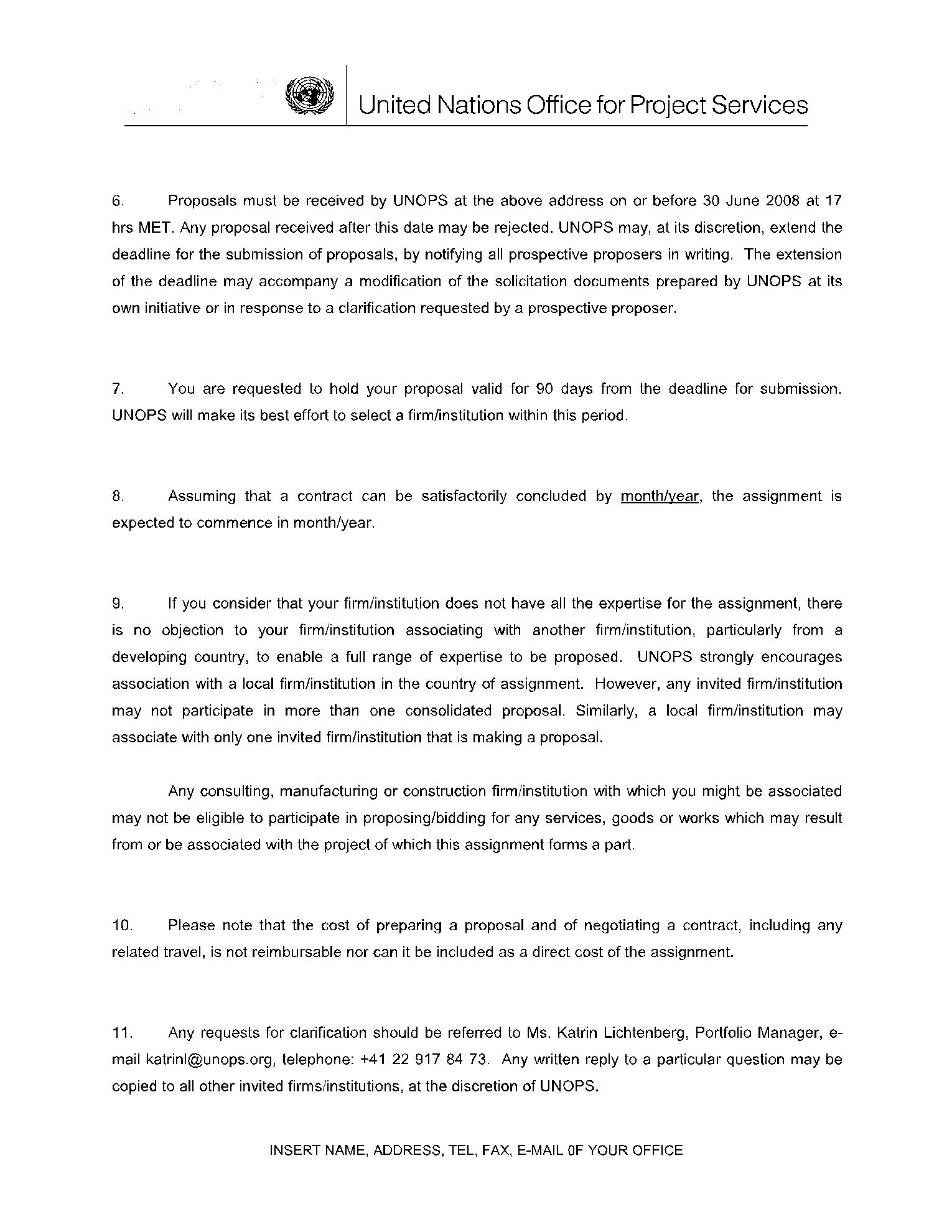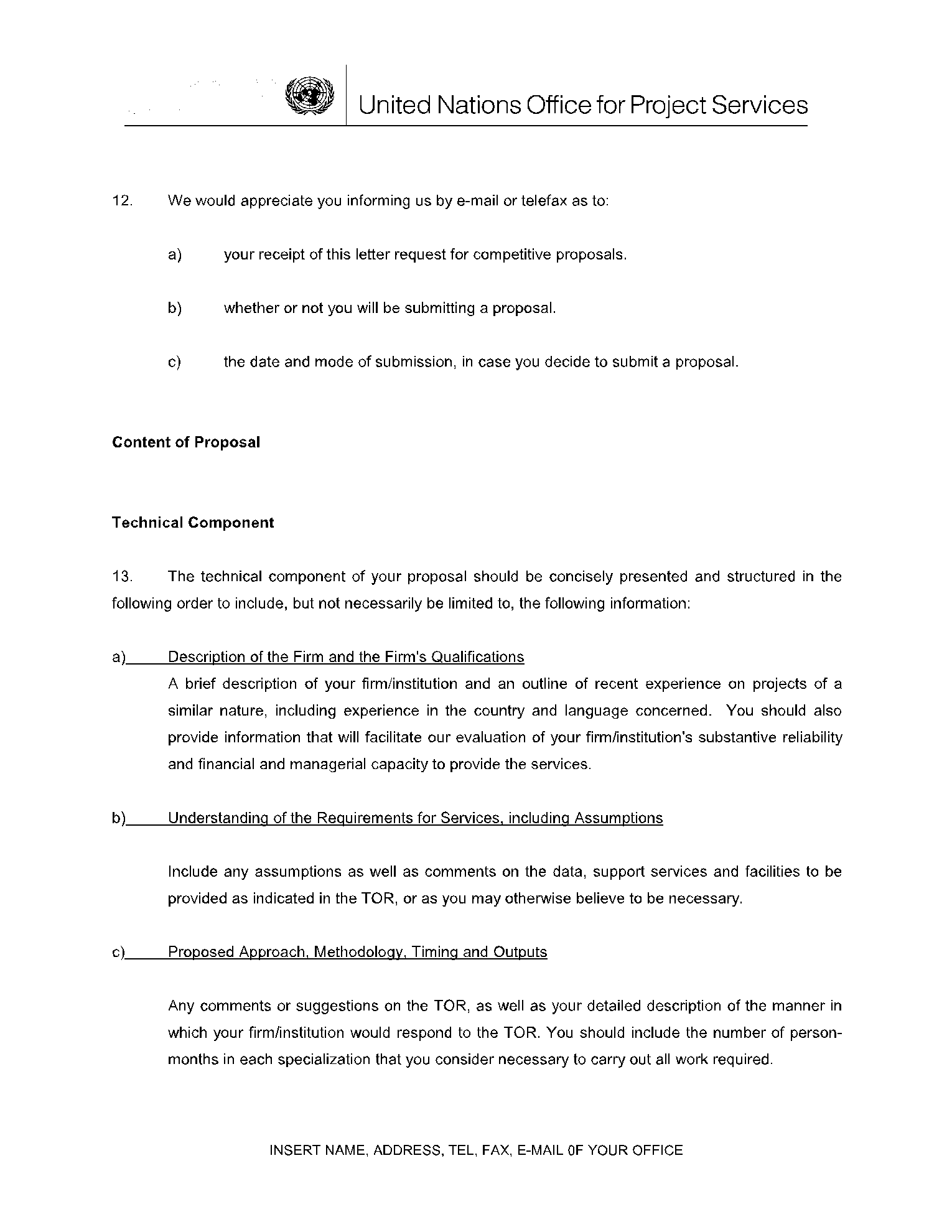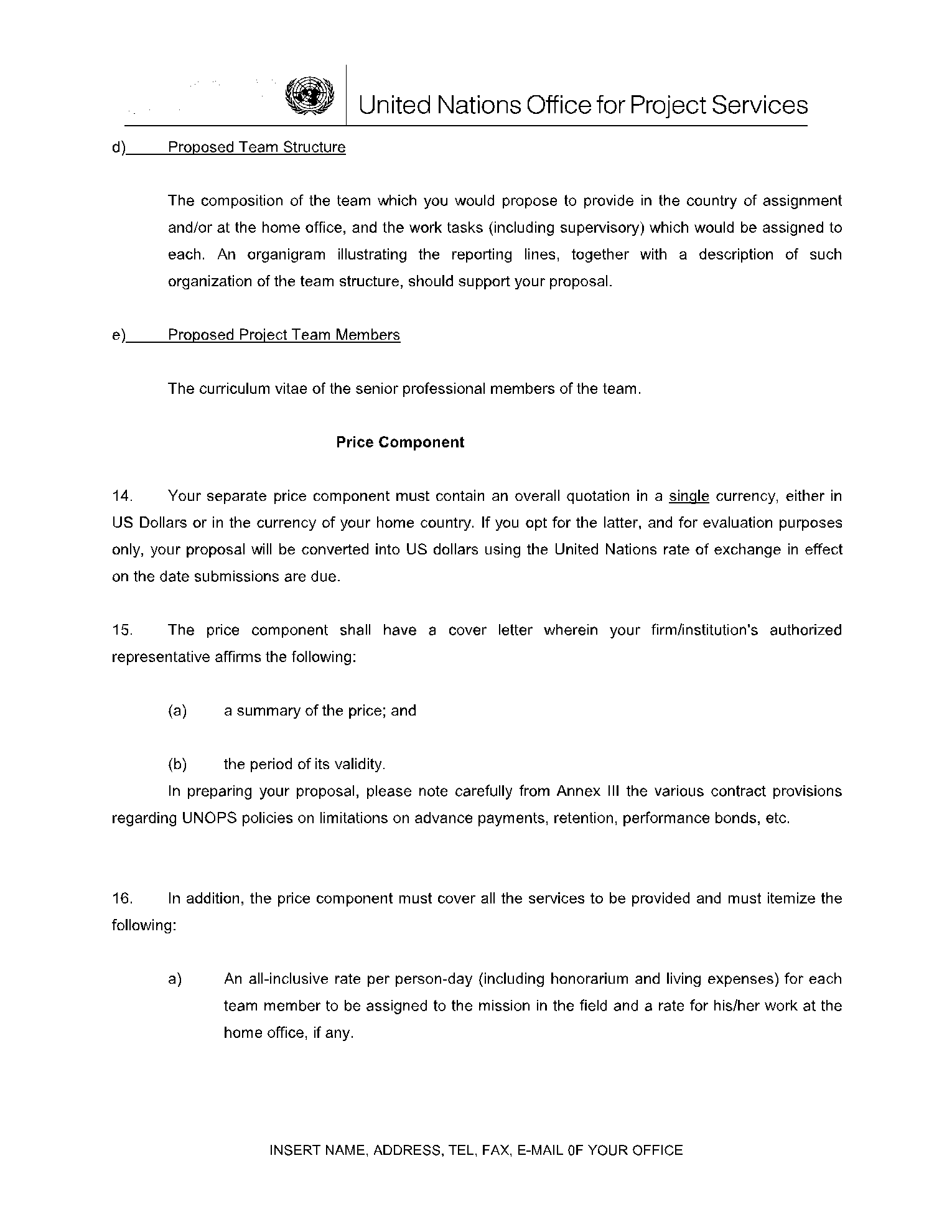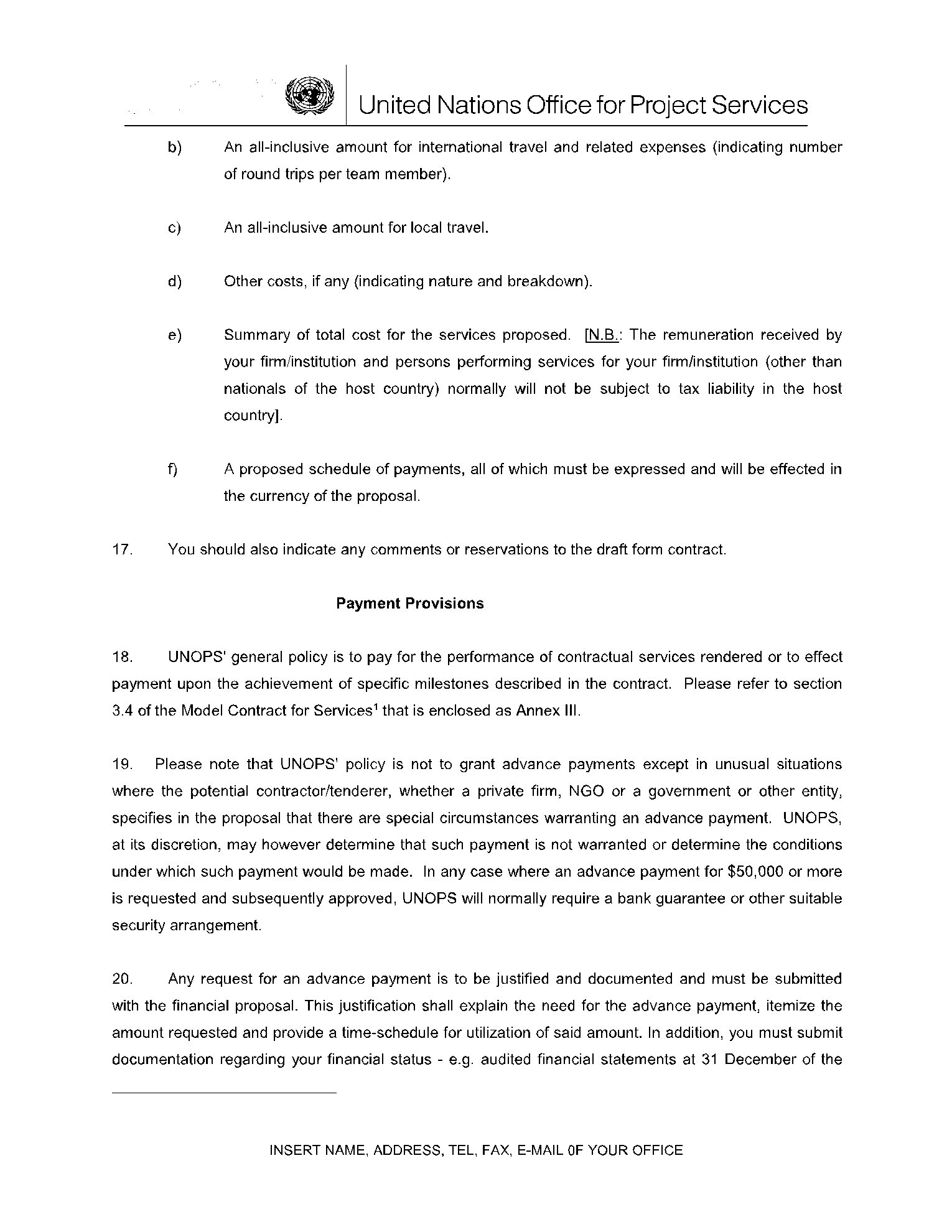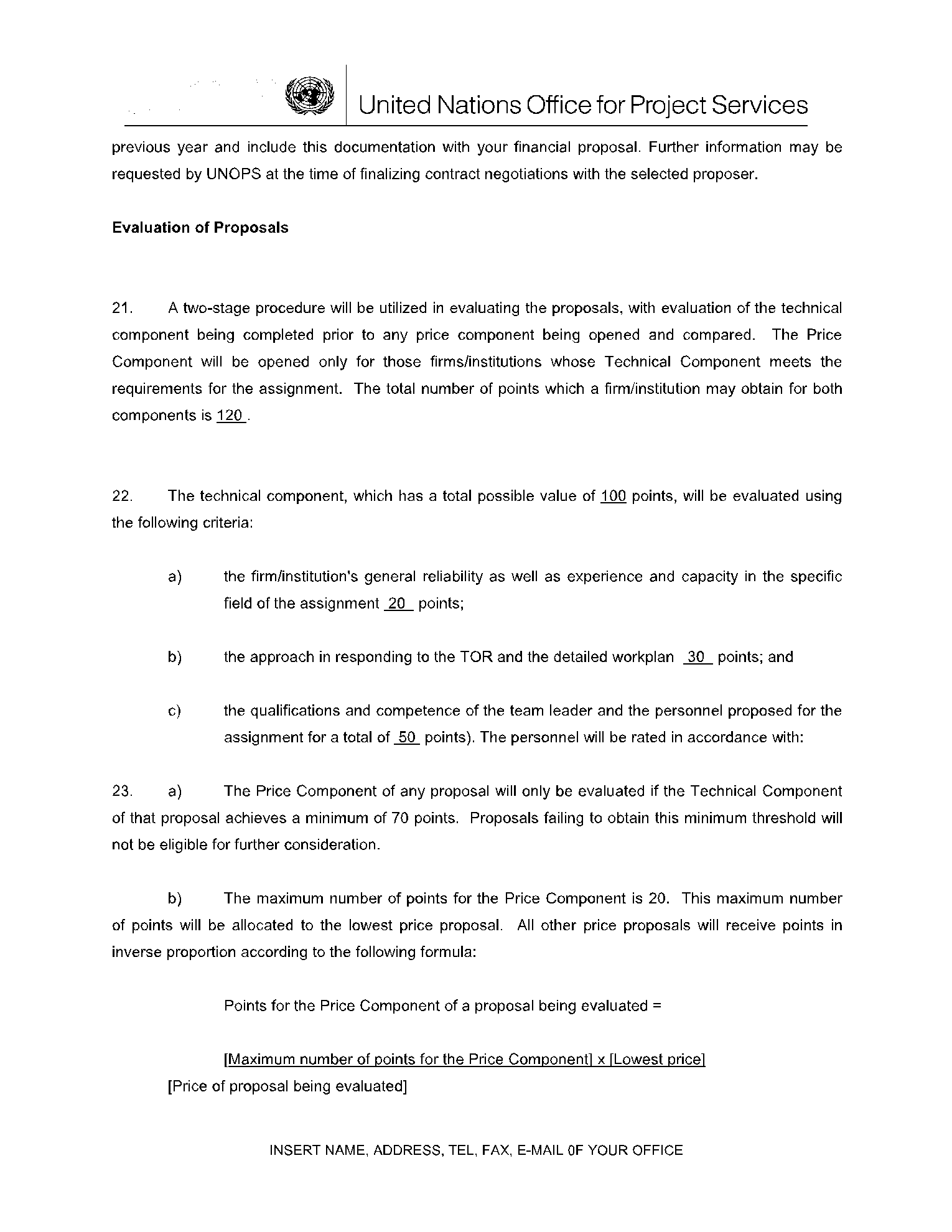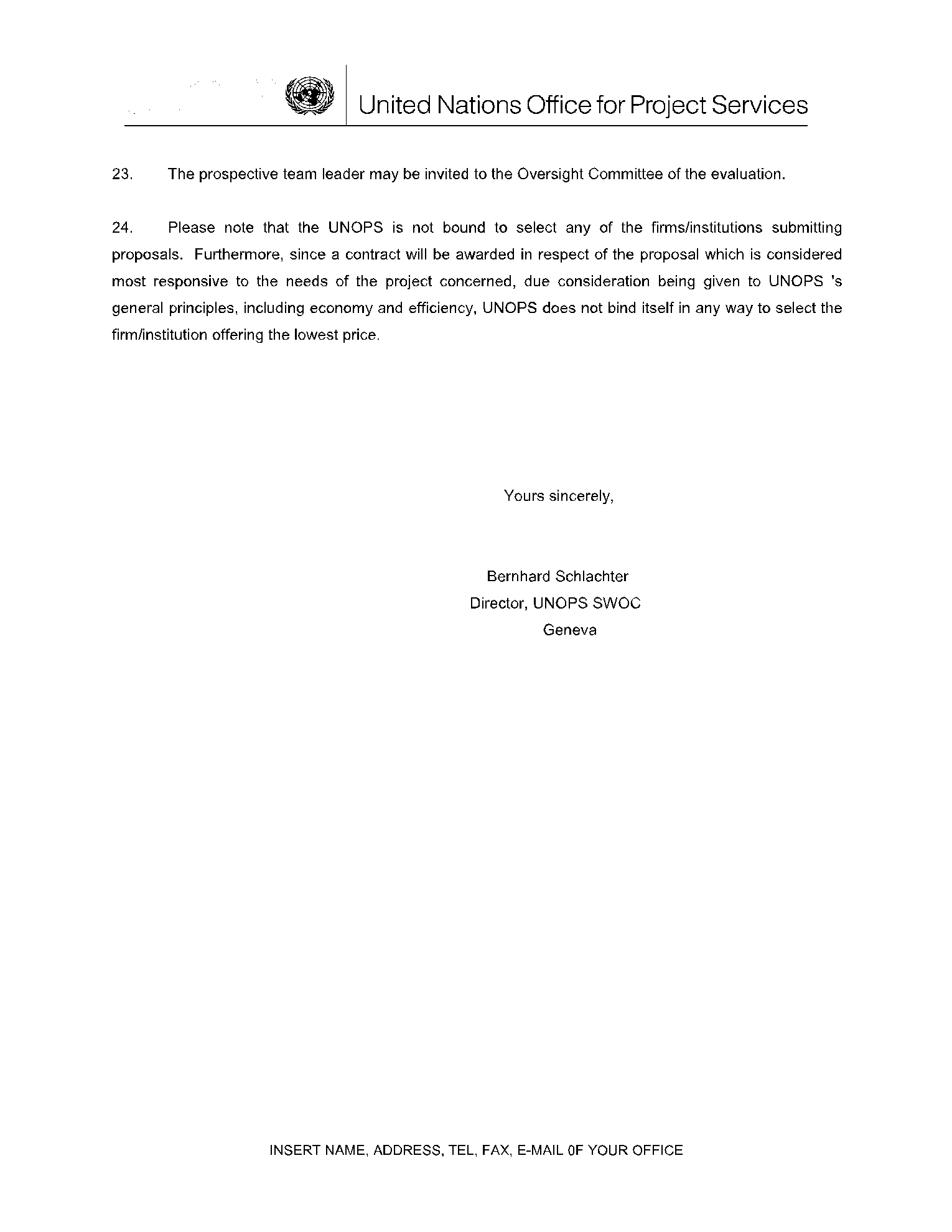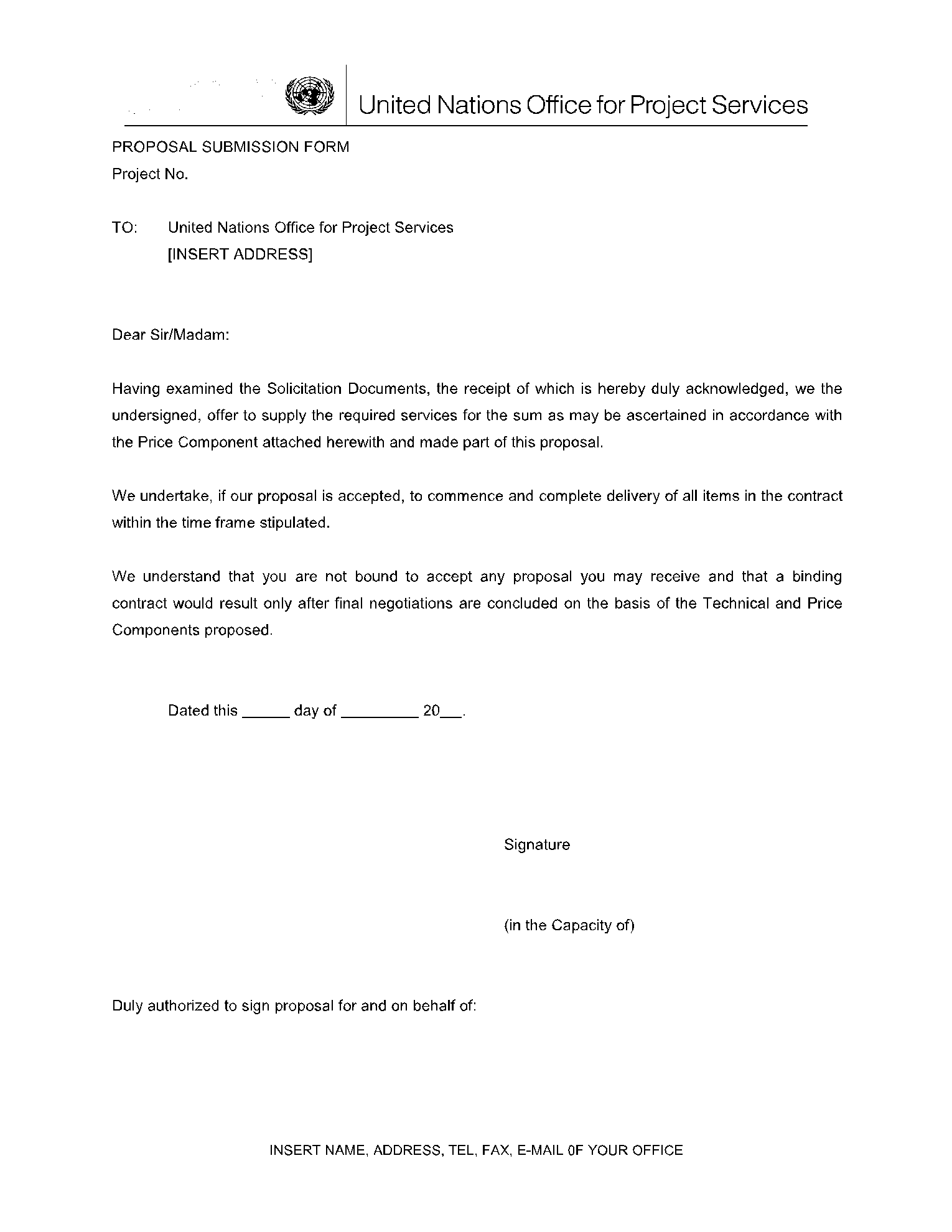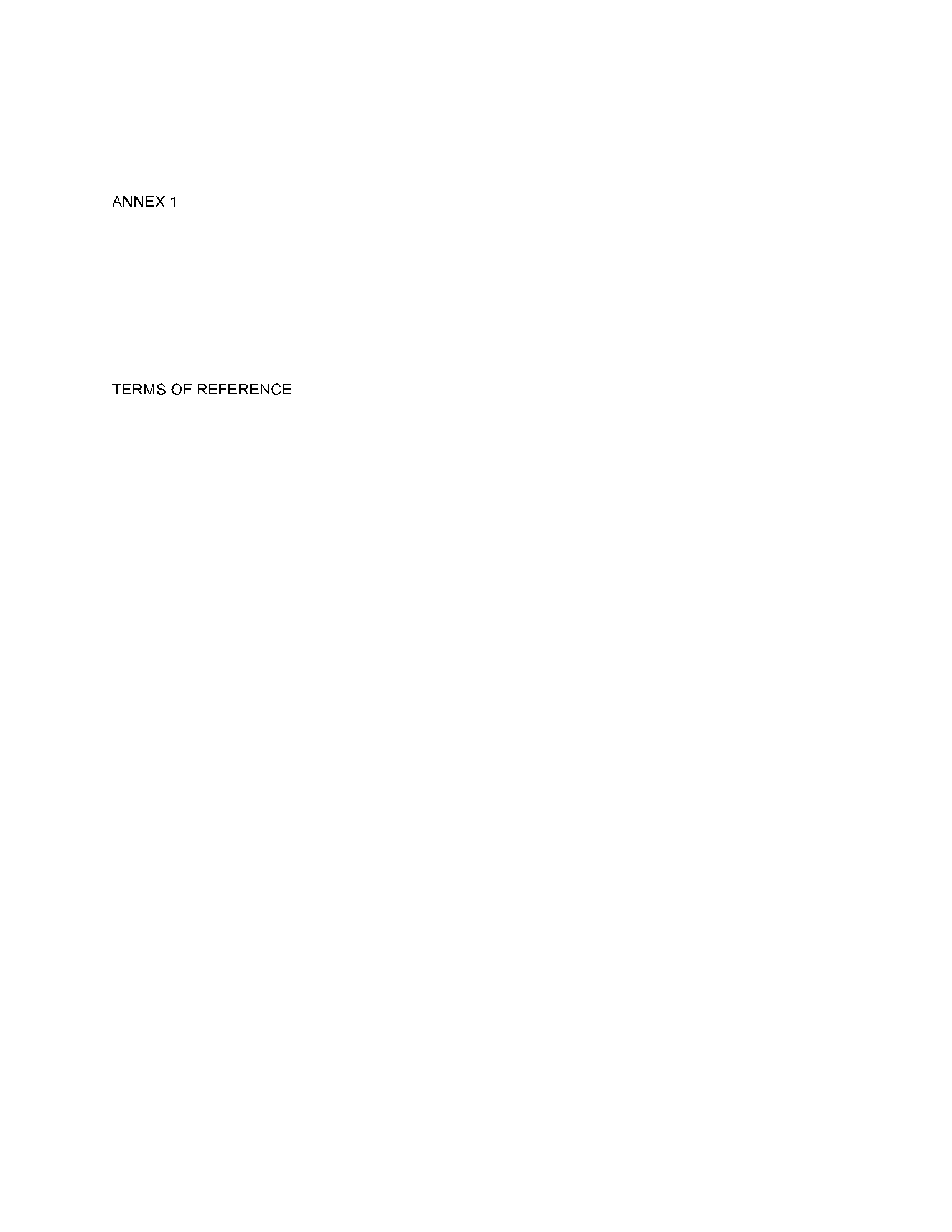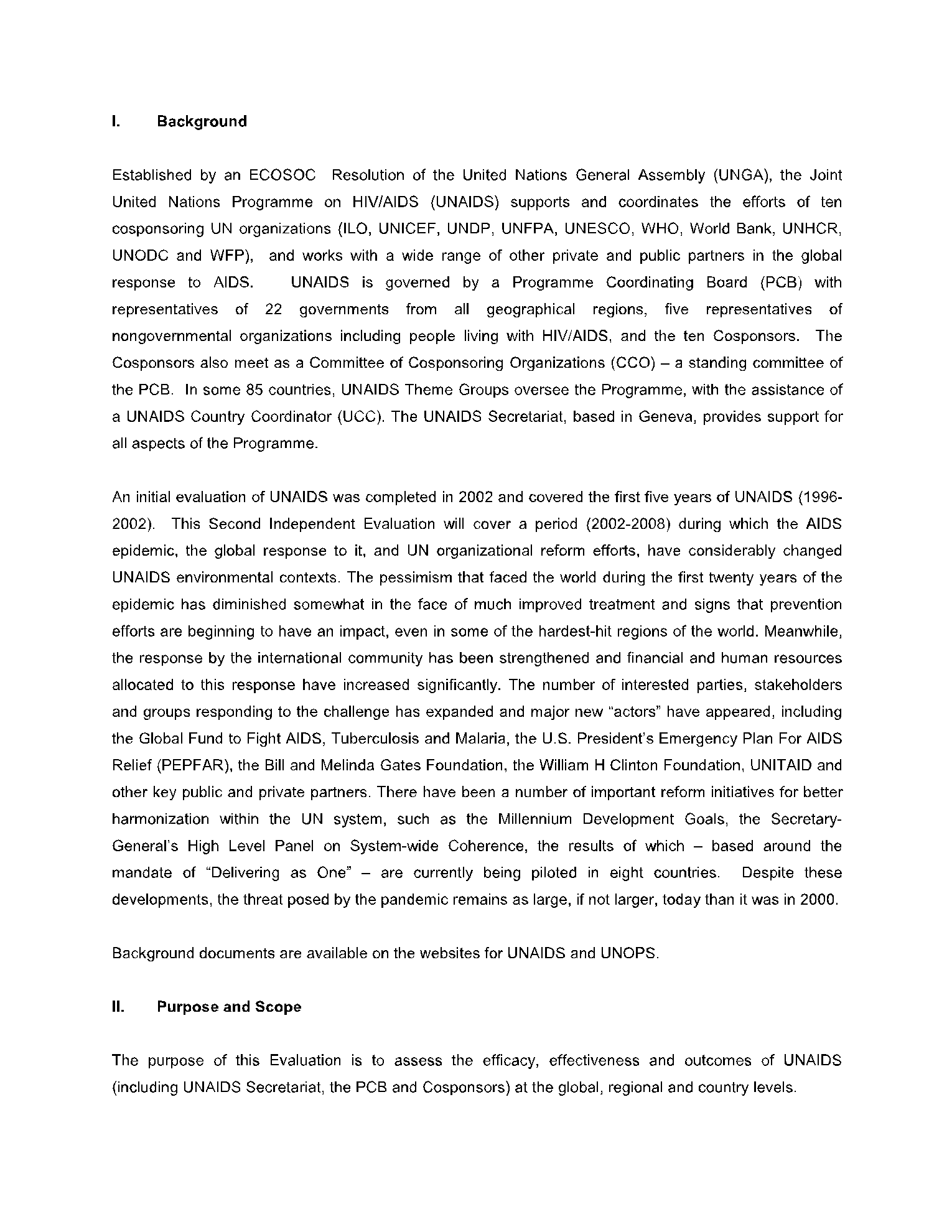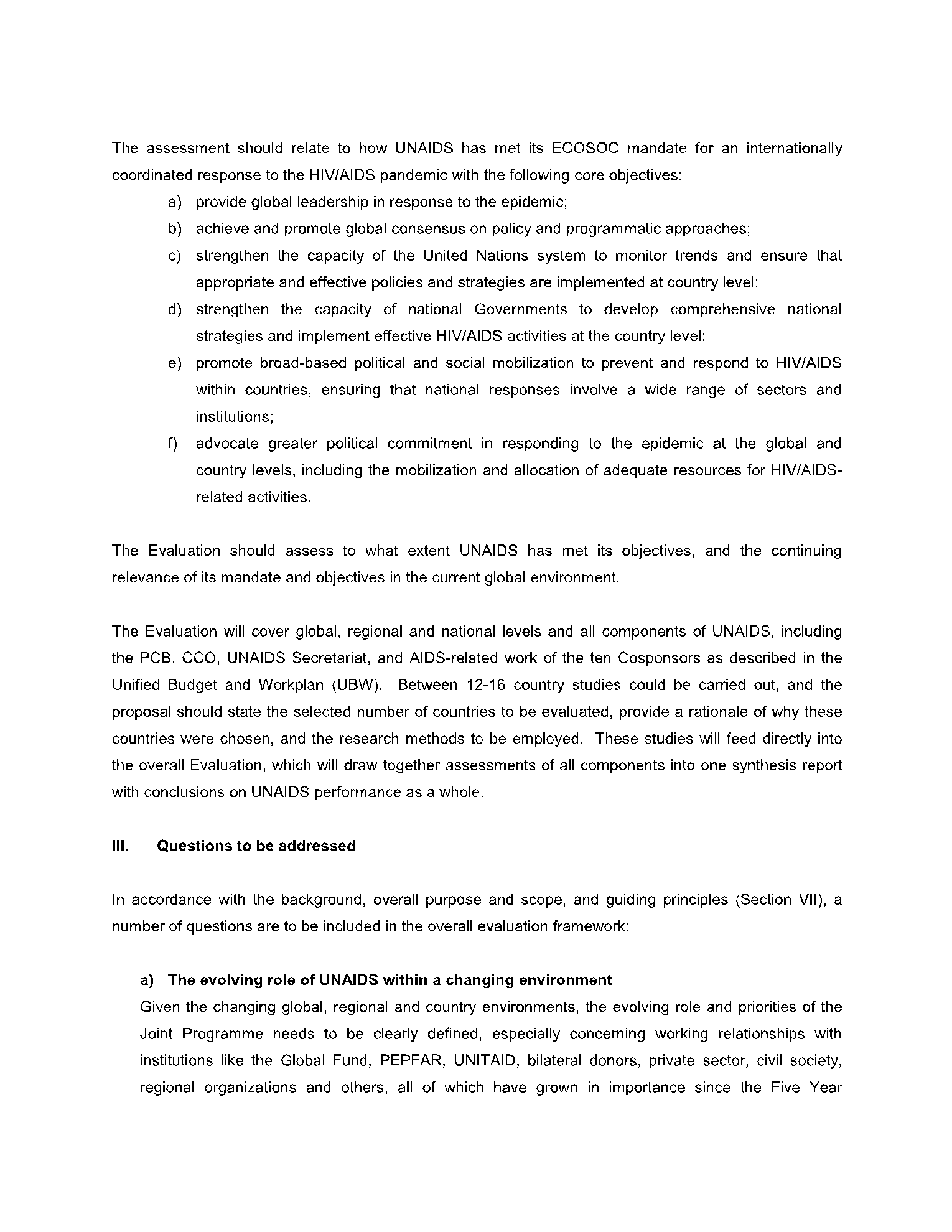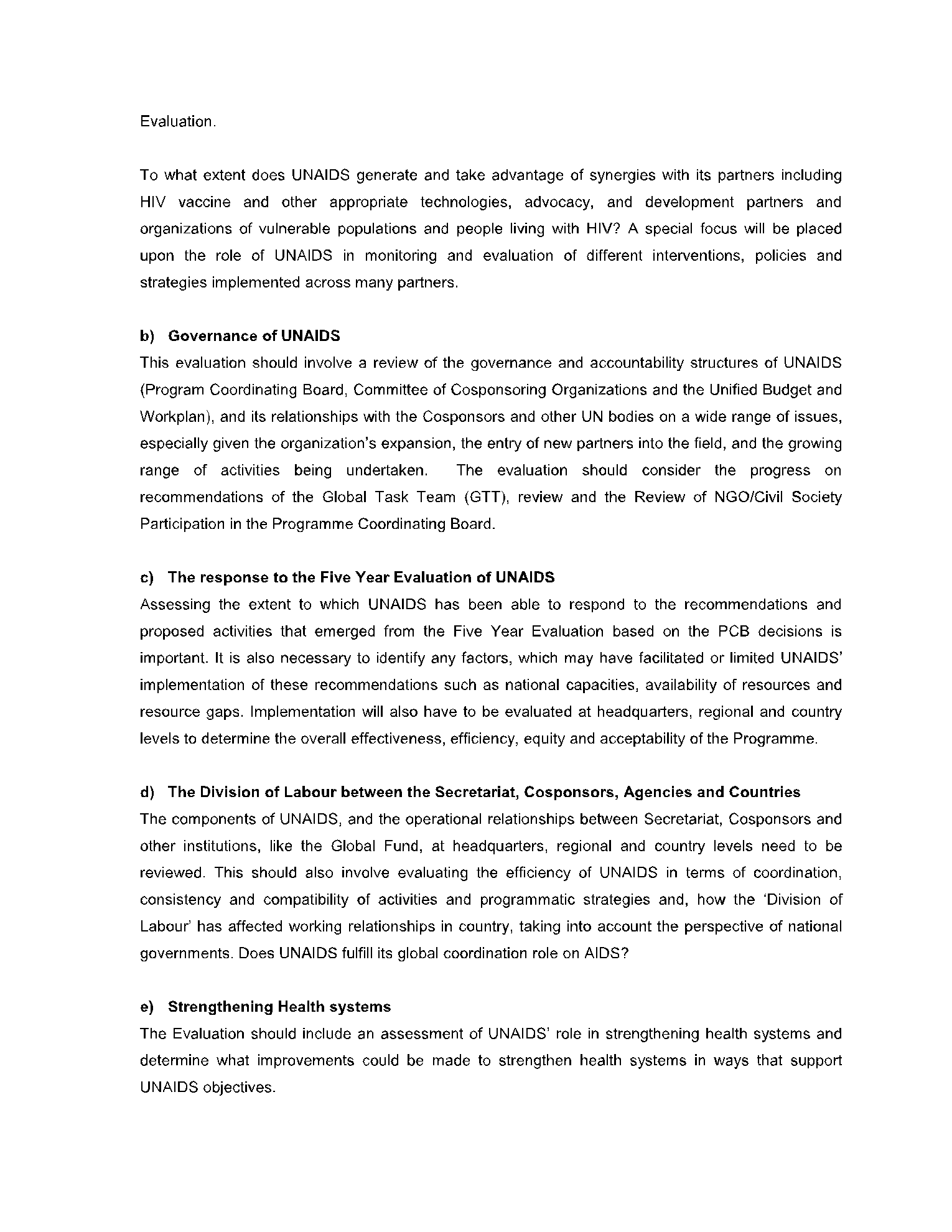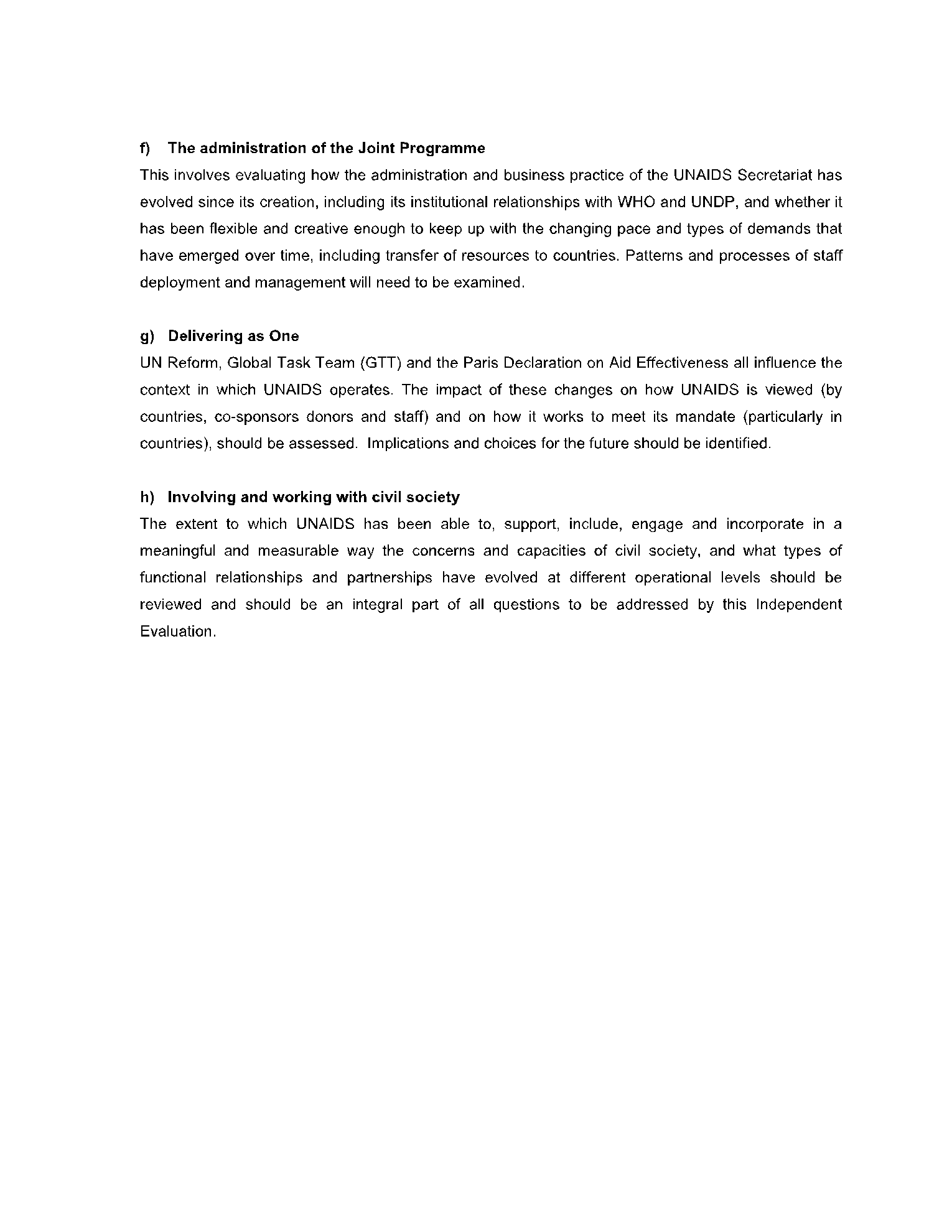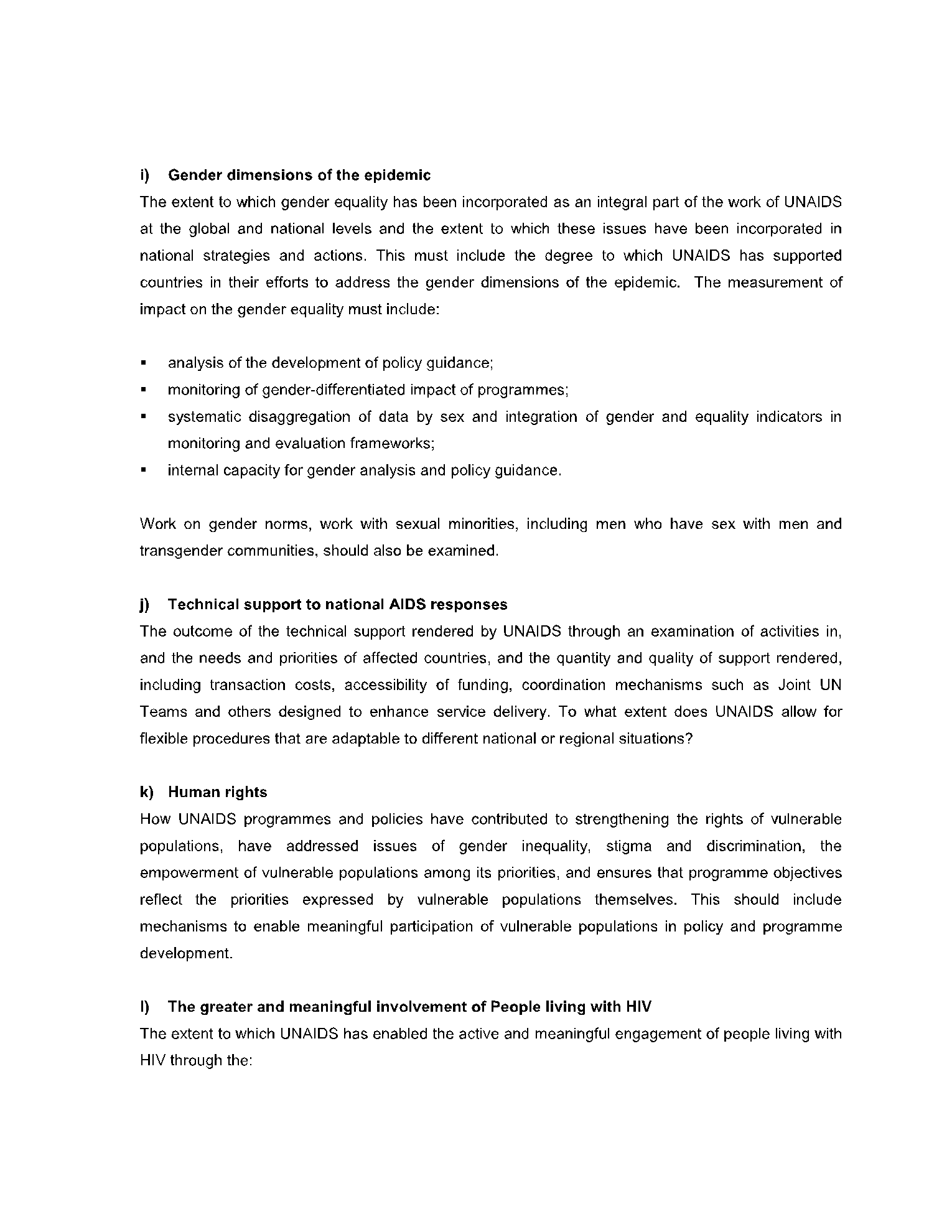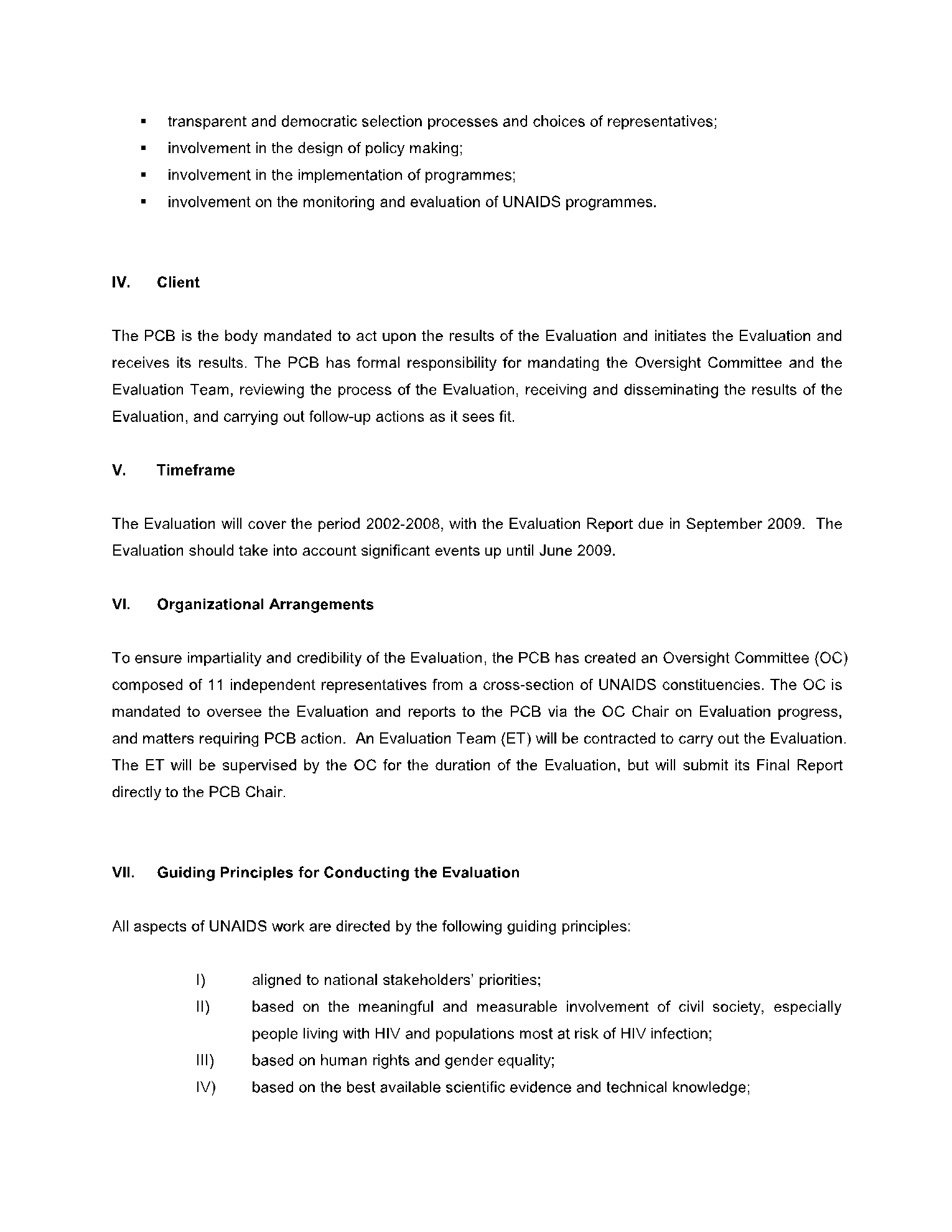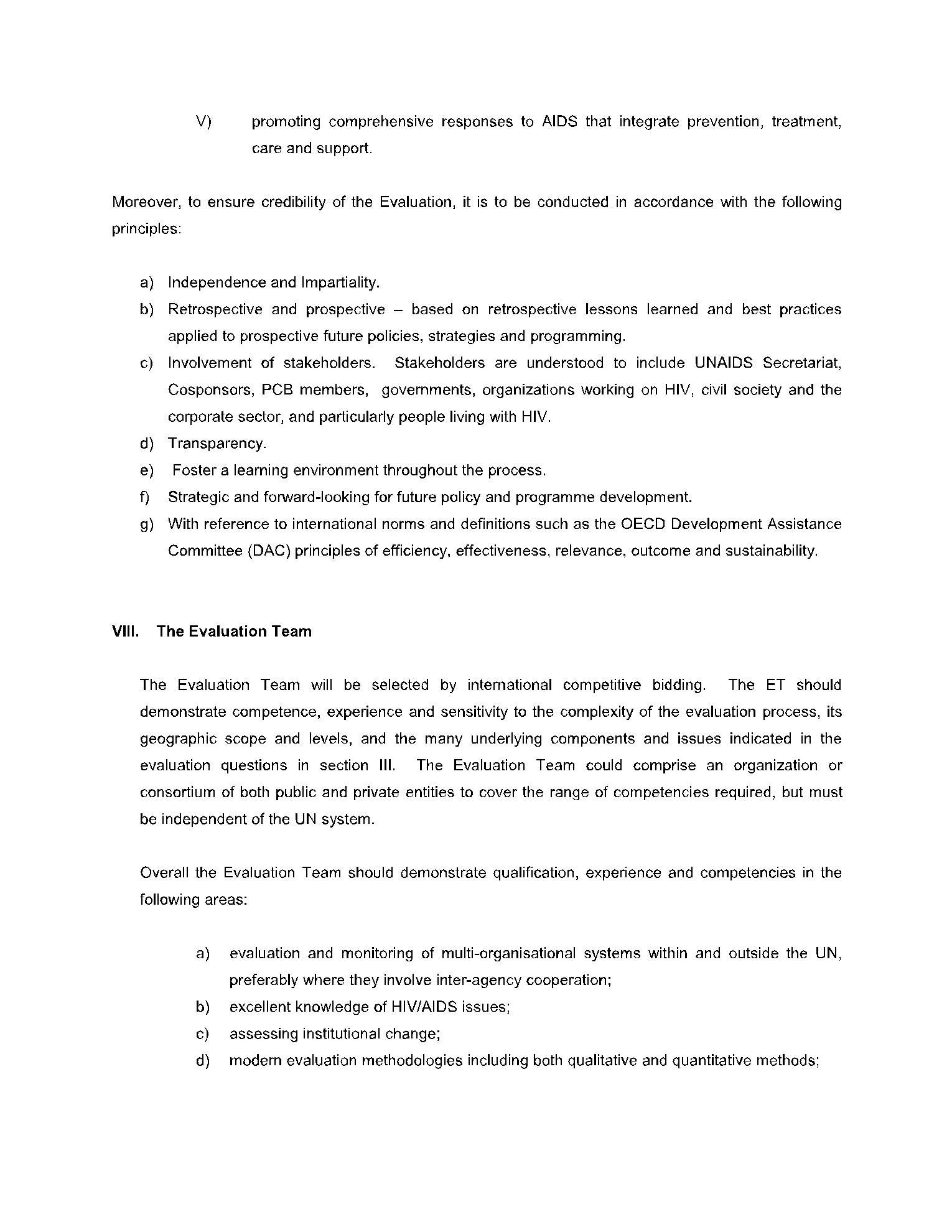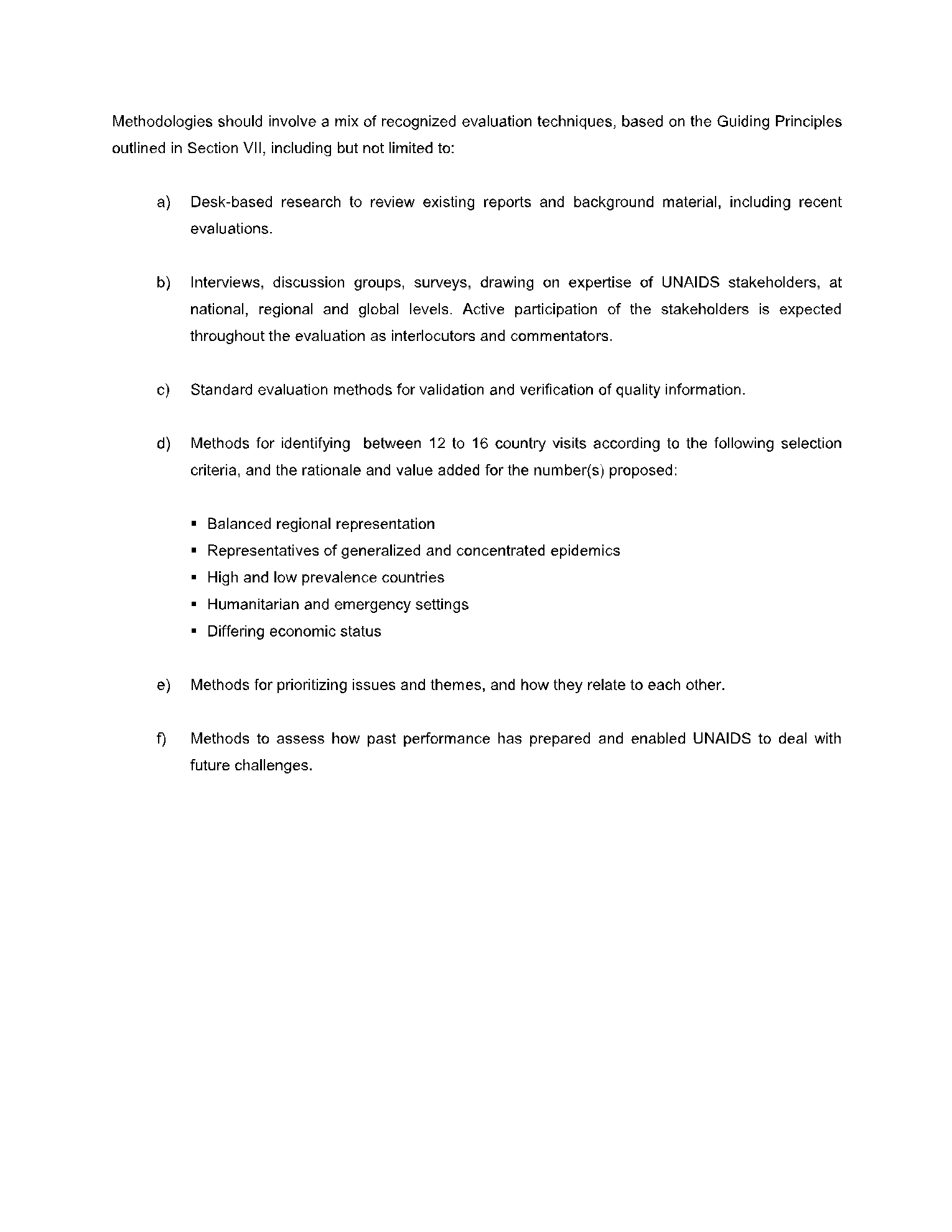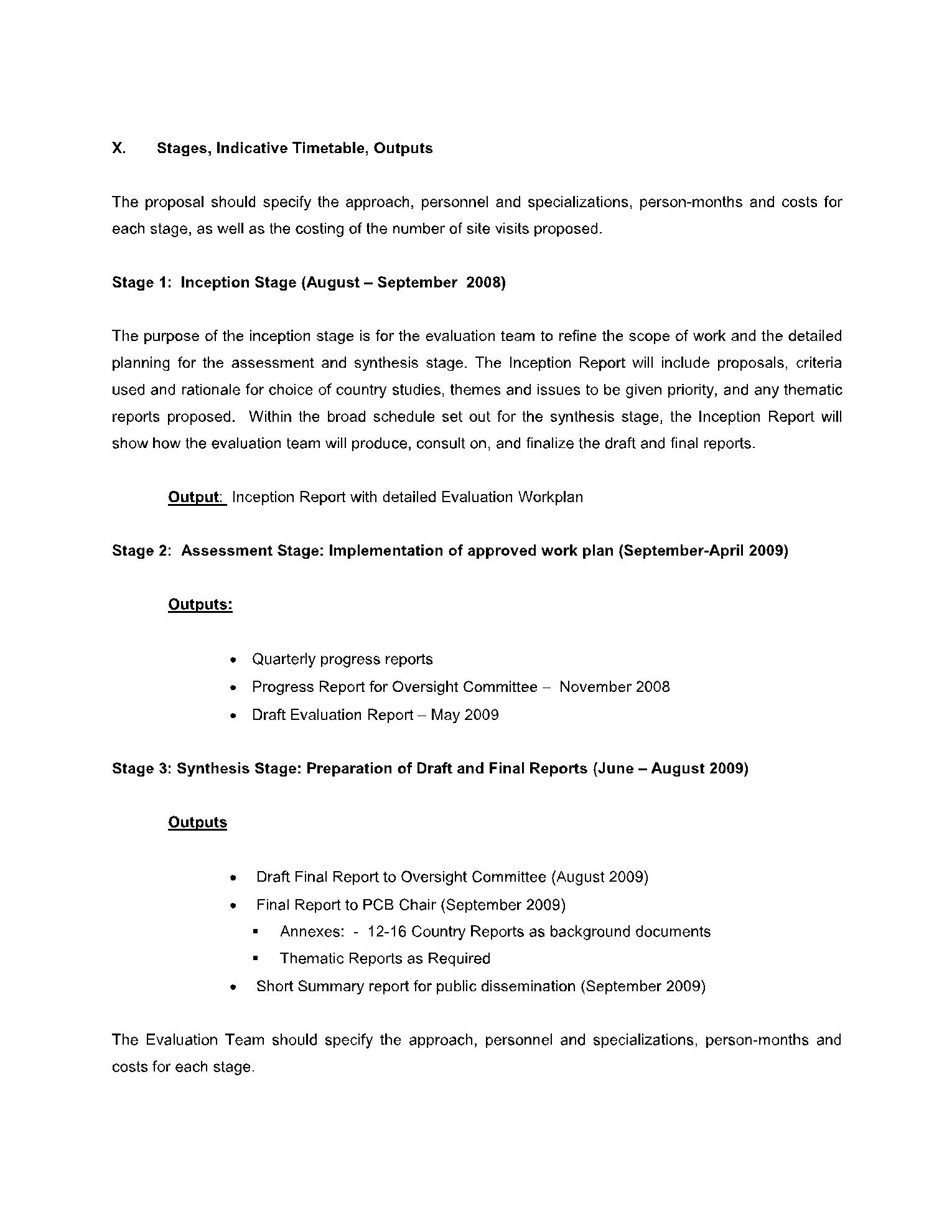There are so many agencies and freelancers active on the consulting market, competition is often hard to beat. That’s why a cleverly drafted consulting proposal can be the most useful tool for getting the projects you want.
If you also use a consulting proposal template, your chances improve significantly. Your proposal will be an official version of a sales pitch, and it will show potential clients why you are the best option for their project.
What Is a Consulting Proposal?
The goal of a consulting proposal is to reveal all the positive aspects of your activity and experience and prove that you can handle any challenge your client’s project may face.
It’s a sales document meant to paint a vivid picture of your capabilities, and of the personal touch that you bring to the table. For maximum efficiency, you need a consulting proposal template to organize your presentation better.
Your consulting proposal will have higher chances of success if you include a problem, the client may not be aware of, followed by your plan to handle it, in general terms.
Get a Free Consulting Proposal Sample Now!
A consulting proposal template can be found all over the internet, but they are generally not that professional or reliable. This is where CocoSign’s consulting proposal template comes into play. It provides you with an attractive opening, plans, costs, and other valuable information that will help you present your idea to the company in an engaging way, while also providing it with valuable insights about yourself. Download our consulting proposal template today!
What Should Be Included in a Consulting Proposal?
The first step in establishing a connection to a future client has to be the initial discussion, where you introduce yourself and raise the subject of a possible collaboration. Once that’s out of the way, it’s time to send a great consulting proposal to convince them.
If you write it using a consulting proposal template, it’s easier to make sure you have included all the essential aspects. It needs to be short, informative and focused on your potential client's goals. This is what your proposal needs to communicate:
- Start with a personalized opening that will make your consulting proposal memorable.
- Summarize your assessment of the client’s situation and of the path you think they need to take to solve the main problems.
- Be specific about how you plan to reach the client’s goals.
- The deliverables are crucial and can be the selling point, so make sure you draft this section with a lot of care and attention to details.
- Deadlines and milestones are also important.
- Costs and the frequency of your payments must also be included.
- A convincing ‘Why me?’ section, underlying why you are the best choice for the project.
- A call to action.
Get a Free Consulting Proposal Sample Now!
A consulting proposal template can be found all over the internet, but they are generally not that professional or reliable. This is where CocoSign’s consulting proposal template comes into play. It provides you with an attractive opening, plans, costs, and other valuable information that will help you present your idea to the company in an engaging way, while also providing it with valuable insights about yourself. Download our consulting proposal template today!
Conclusion
You need to tailor each consulting proposal to the particular situation of every client to make sure it’s as convincing as possible.
But apart from creativity and a personal touch, it also needs a good structure, which you get by using a top-quality consulting proposal template, like the one from CocoSign. You can also turn to them for other types of proposal templates for every aspect of your business.
DOCUMENT PREVIEW
6. Proposals must be received by UNOPS at the above address on or before 30 June 2008 at 17 hrs MET. Any proposal received after this date may be rejected. UNOPS may, at its discretion, extend the deadline for the submission of proposals, by notifying all prospective proposers in writing. The extension of the deadline may accompany a modification of the solicitation documents prepared by UNOPS at its own initiative or in response to a clarification requested by a prospective proposer.
7. You are requested to hold your proposal valid for 90 days from the deadline for submission. UNOPS will make its best effort to select a firm/institution within this period.
8. Assuming that a contract can be satisfactorily concluded by month/year, the assignment is expected to commence in month/year.
9. If you consider that your firm/institution does not have all the expertise for the assignment, there is no objection to your firm/institution associating with another firm/institution, particularly from a developing country, to enable a full range of expertise to be proposed. UNOPS strongly encourages association with a local firm/institution in the country of assignment. However, any invited firm/institution may not participate in more than one consolidated proposal. Similarly, a local firm/institution may associate with only one invited firm/institution that is making a proposal.
Any consulting, manufacturing or construction firm/institution with which you might be associated may not be eligible to participate in proposing/bidding for any services, goods or works which may result from or be associated with the project of which this assignment forms a part.
10. Please note that the cost of preparing a proposal and of negotiating a contract, including any related travel, is not reimbursable nor can it be included as a direct cost of the assignment.
11. Any requests for clarification should be referred to Ms. Katrin Lichtenberg, Portfolio Manager, e-mail katrinl@unops.org, telephone: +41 22 917 84 73. Any written reply to a particular question may be copied to all other invited firms/institutions, at the discretion of UNOPS.
12. We would appreciate you informing us by e-mail or telefax as to:
a) your receipt of this letter request for competitive proposals.
b) whether or not you will be submitting a proposal.
c) the date and mode of submission, in case you decide to submit a proposal.
Content of Proposal
Technical Component
13. The technical component of your proposal should be concisely presented and structured in the following order to include, but not necessarily be limited to, the following information:
a) Description of the Firm and the Firm's Qualifications
A brief description of your firm/institution and an outline of recent experience on projects of a similar nature, including experience in the country and language concerned. You should also provide information that will facilitate our evaluation of your firm/institution's substantive reliability and financial and managerial capacity to provide the services.
b) Understanding of the Requirements for Services, including Assumptions
Include any assumptions as well as comments on the data, support services and facilities to be provided as indicated in the TOR, or as you may otherwise believe to be necessary.
c) Proposed Approach, Methodology, Timing and Outputs
Any comments or suggestions on the TOR, as well as your detailed description of the manner in which your firm/institution would respond to the TOR. You should include the number of person-months in each specialization that you consider necessary to carry out all work required.
d) Proposed Team Structure
The composition of the team which you would propose to provide in the country of assignment and/or at the home office, and the work tasks (including supervisory) which would be assigned to each. An organigram illustrating the reporting lines, together with a description of such organization of the team structure, should support your proposal.
e) Proposed Project Team Members
The curriculum vitae of the senior professional members of the team.
Price Component
14. Your separate price component must contain an overall quotation in a single currency, either in US Dollars or in the currency of your home country. If you opt for the latter, and for evaluation purposes only, your proposal will be converted into US dollars using the United Nations rate of exchange in effect on the date submissions are due.
15. The price component shall have a cover letter wherein your firm/institution's authorized representative affirms the following:
(a) a summary of the price; and
(b) the period of its validity.
In preparing your proposal, please note carefully from Annex III the various contract provisions regarding UNOPS policies on limitations on advance payments, retention, performance bonds, etc.
16. In addition, the price component must cover all the services to be provided and must itemize the following:
a) An all-inclusive rate per person-day (including honorarium and living expenses) for each team member to be assigned to the mission in the field and a rate for his/her work at the home office, if any.
Background
Established by an ECOSOC Resolution of the United Nations General Assembly (UNGA), the Joint United Nations Programme on HIV/AIDS (UNAIDS) supports and coordinates the efforts of ten cosponsoring UN organizations (ILO, UNICEF, UNDP, UNFPA, UNESCO, WHO, World Bank, UNHCR, UNODC and WFP), and works with a wide range of other private and public partners in the global response to AIDS. UNAIDS is governed by a Programme Coordinating Board (PCB) with representatives of 22 governments from all geographical regions, five representatives of nongovernmental organizations including people living with HIV/AIDS, and the ten Cosponsors. The Cosponsors also meet as a Committee of Cosponsoring Organizations (CCO) – a standing committee of the PCB. In some 85 countries, UNAIDS Theme Groups oversee the Programme, with the assistance of a UNAIDS Country Coordinator (UCC). The UNAIDS Secretariat, based in Geneva, provides support for all aspects of the Programme.
An initial evaluation of UNAIDS was completed in 2002 and covered the first five years of UNAIDS (1996-2002). This Second Independent Evaluation will cover a period (2002-2008) during which the AIDS epidemic, the global response to it, and UN organizational reform efforts, have considerably changed UNAIDS environmental contexts. The pessimism that faced the world during the first twenty years of the epidemic has diminished somewhat in the face of much improved treatment and signs that prevention efforts are beginning to have an impact, even in some of the hardest-hit regions of the world. Meanwhile, the response by the international community has been strengthened and financial and human resources allocated to this response have increased significantly. The number of interested parties, stakeholders and groups responding to the challenge has expanded and major new “actors” have appeared, including the Global Fund to Fight AIDS, Tuberculosis and Malaria, the U.S. President’s Emergency Plan For AIDS Relief (PEPFAR), the Bill and Melinda Gates Foundation, the William H Clinton Foundation, UNITAID and other key public and private partners. There have been a number of important reform initiatives for better harmonization within the UN system, such as the Millennium Development Goals, the Secretary-General’s High Level Panel on System-wide Coherence, the results of which – based around the mandate of “Delivering as One” – are currently being piloted in eight countries. Despite these developments, the threat posed by the pandemic remains as large, if not larger, today than it was in 2000.
Background documents are available on the websites for UNAIDS and UNOPS.
-
Purpose and Scope
The purpose of this Evaluation is to assess the efficacy, effectiveness and outcomes of UNAIDS (including UNAIDS Secretariat, the PCB and Cosponsors) at the global, regional and country levels.
The assessment should relate to how UNAIDS has met its ECOSOC mandate for an internationally coordinated response to the HIV/AIDS pandemic with the following core objectives:
a) provide global leadership in response to the epidemic;
b) achieve and promote global consensus on policy and programmatic approaches;
c) strengthen the capacity of the United Nations system to monitor trends and ensure that appropriate and effective policies and strategies are implemented at country level;
d) strengthen the capacity of national Governments to develop comprehensive national strategies and implement effective HIV/AIDS activities at the country level;
e) promote broad-based political and social mobilization to prevent and respond to HIV/AIDS within countries, ensuring that national responses involve a wide range of sectors and institutions;
f) advocate greater political commitment in responding to the epidemic at the global and country levels, including the mobilization and allocation of adequate resources for HIV/AIDS-related activities.
The Evaluation should assess to what extent UNAIDS has met its objectives, and the continuing relevance of its mandate and objectives in the current global environment.
The Evaluation will cover global, regional and national levels and all components of UNAIDS, including the PCB, CCO, UNAIDS Secretariat, and AIDS-related work of the ten Cosponsors as described in the Unified Budget and Workplan (UBW). Between 12-16 country studies could be carried out, and the proposal should state the selected number of countries to be evaluated, provide a rationale of why these countries were chosen, and the research methods to be employed. These studies will feed directly into the overall Evaluation, which will draw together assessments of all components into one synthesis report with conclusions on UNAIDS performance as a whole.
-
Questions to be addressed
In accordance with the background, overall purpose and scope, and guiding principles (Section VII), a number of questions are to be included in the overall evaluation framework:
a) The evolving role of UNAIDS within a changing environment
Given the changing global, regional and country environments, the evolving role and priorities of the Joint Programme needs to be clearly defined, especially concerning working relationships with institutions like the Global Fund, PEPFAR, UNITAID, bilateral donors, private sector, civil society, regional organizations and others, all of which have grown in importance since the Five Year Evaluation.
To what extent does UNAIDS generate and take advantage of synergies with its partners including HIV vaccine and other appropriate technologies, advocacy, and development partners and organizations of vulnerable populations and people living with HIV? A special focus will be placed upon the role of UNAIDS in monitoring and evaluation of different interventions, policies and strategies implemented across many partners.
b) Governance of UNAIDS
This evaluation should involve a review of the governance and accountability structures of UNAIDS (Program Coordinating Board, Committee of Cosponsoring Organizations and the Unified Budget and Workplan), and its relationships with the Cosponsors and other UN bodies on a wide range of issues, especially given the organization’s expansion, the entry of new partners into the field, and the growing range of activities being undertaken. The evaluation should consider the progress on recommendations of the Global Task Team (GTT), review and the Review of NGO/Civil Society Participation in the Programme Coordinating Board.
c) The response to the Five Year Evaluation of UNAIDS
Assessing the extent to which UNAIDS has been able to respond to the recommendations and proposed activities that emerged from the Five Year Evaluation based on the PCB decisions is important. It is also necessary to identify any factors, which may have facilitated or limited UNAIDS’ implementation of these recommendations such as national capacities, availability of resources and resource gaps. Implementation will also have to be evaluated at headquarters, regional and country levels to determine the overall effectiveness, efficiency, equity and acceptability of the Programme.
d) The Division of Labour between the Secretariat, Cosponsors, Agencies and Countries
The components of UNAIDS, and the operational relationships between Secretariat, Cosponsors and other institutions, like the Global Fund, at headquarters, regional and country levels need to be reviewed. This should also involve evaluating the efficiency of UNAIDS in terms of coordination, consistency and compatibility of activities and programmatic strategies and, how the ‘Division of Labour’ has affected working relationships in country, taking into account the perspective of national governments. Does UNAIDS fulfill its global coordination role on AIDS?
e) Strengthening Health systems
The Evaluation should include an assessment of UNAIDS’ role in strengthening health systems and determine what improvements could be made to strengthen health systems in ways that support UNAIDS objectives.
I) promoting comprehensive responses to AIDS that integrate prevention, treatment, care and support.
Moreover, to ensure credibility of the Evaluation, it is to be conducted in accordance with the following principles:
a) Independence and Impartiality.
b) Retrospective and prospective – based on retrospective lessons learned and best practices applied to prospective future policies, strategies and programming.
c) Involvement of stakeholders. Stakeholders are understood to include UNAIDS Secretariat, Cosponsors, PCB members, governments, organizations working on HIV, civil society and the corporate sector, and particularly people living with HIV.
d) Transparency.
e) Foster a learning environment throughout the process.
f) Strategic and forward-looking for future policy and programme development.
g) With reference to international norms and definitions such as the OECD Development Assistance Committee (DAC) principles of efficiency, effectiveness, relevance, outcome and sustainability.
-
The Evaluation Team
The Evaluation Team will be selected by international competitive bidding. The ET should demonstrate competence, experience and sensitivity to the complexity of the evaluation process, its geographic scope and levels, and the many underlying components and issues indicated in the evaluation questions in section III. The Evaluation Team could comprise an organization or consortium of both public and private entities to cover the range of competencies required, but must be independent of the UN system.
Overall the Evaluation Team should demonstrate qualification, experience and competencies in the following areas:
a) evaluation and monitoring of multi-organisational systems within and outside the UN, preferably where they involve inter-agency cooperation;
b) excellent knowledge of HIV/AIDS issues;
c) assessing institutional change;
d) modern evaluation methodologies including both qualitative and quantitative methods;
a) health sector issues, and design and methodology for social development and health system impact evaluations, with specific reference to HIV;
b) evaluation of issues of governance, policy, and business practices in both public and private sector settings;
c) experience and skills in financial management, preferably in institutional settings;
d) experience in working in resource-limited countries, preferably in relation to HIV;
e) ability to draw on short-term expertise and resources through collaboration with global, regional or national research institutions or other organizations as required;
f) superior oral and written and communication skills, including ability to deal with multiple evaluation departments, programme managers, and technical staff;
g) capacity in, or access to, multilingual skills relevant to country studies;
h) balanced gender, geographic, and stakeholder representation through team members or collaborative arrangements, including people living with HIV;
i) experience in managing large, complex evaluations.
The Evaluation Team should be headed by a Team Leader who is independent of the UNAIDS Secretariat and Cosponsors. The Team Leader should have demonstrable track record in managing complex projects in the field of HIV/AIDS with collaborative partners and interdisciplinary teams of analysts. Specific competencies should include:
a) ability to coordinate multiple assessments of the Evaluation, and compile these effectively into a synthesis report;
b) excellent communication skills including writing and presentational skills;
c) ability to deal credibly with complex inter-agency matters and personnel at highest levels;
d) financial management skills related to complex multi-country activities and transfer and supervision of financial resources between multi-player operations;
e) ability to meet tight deadlines with quality products.
The composition of the team should be presented in detail, including a break-down of the tasks assigned to each, estimated time taken, possible visits to be made to consult stakeholders and other work tasks. An organogram illustrating the reporting lines, together with a description of the organization of the team structure should support the proposal. The full curriculum vitae of each member of the team should be included as an Annex.
-
Methods
